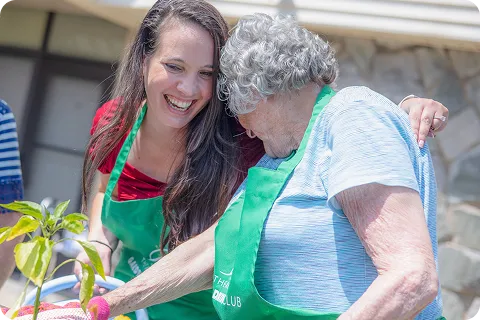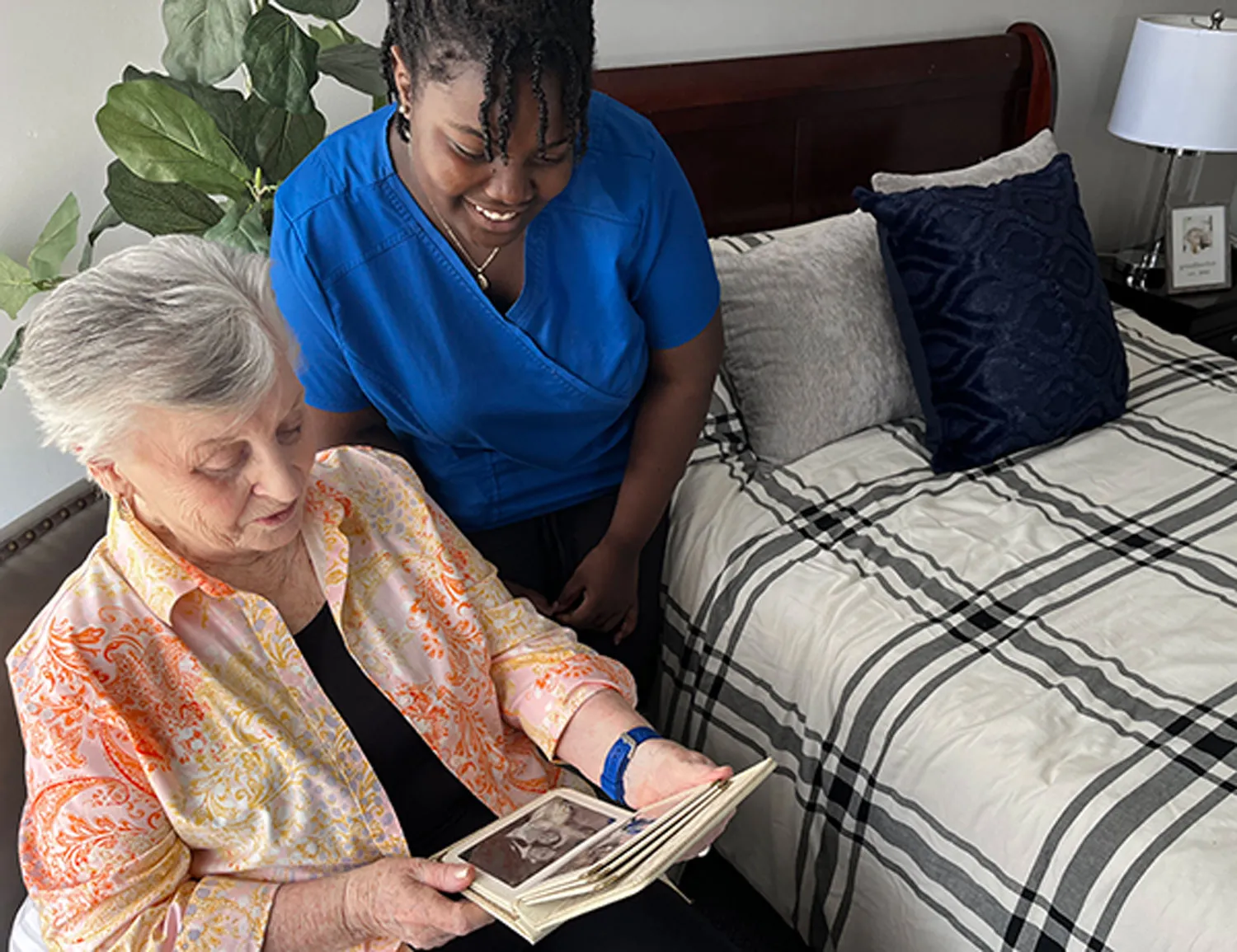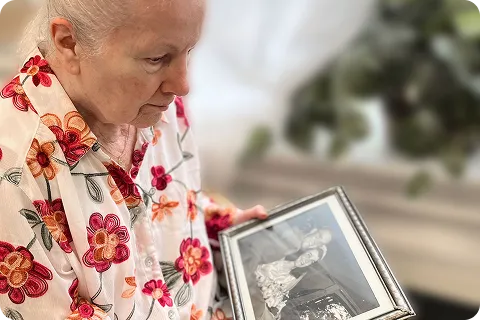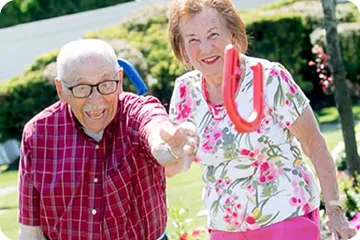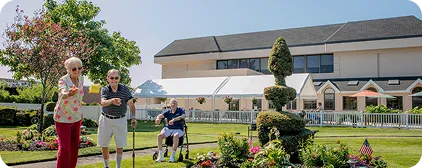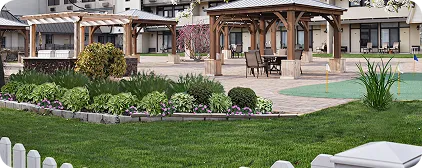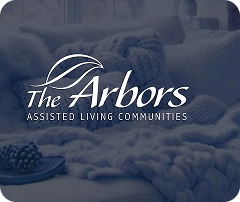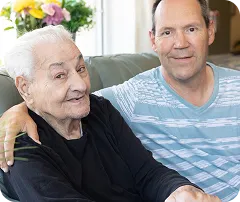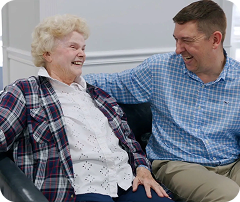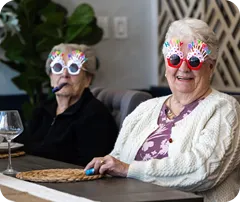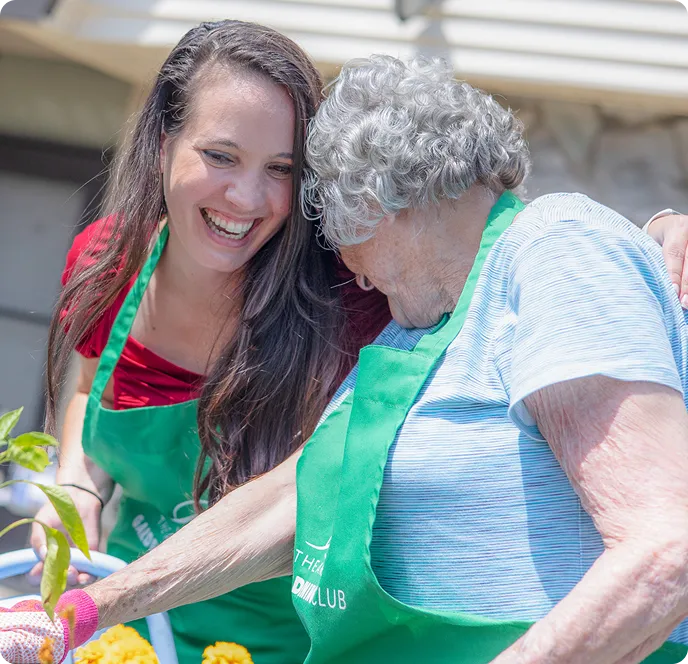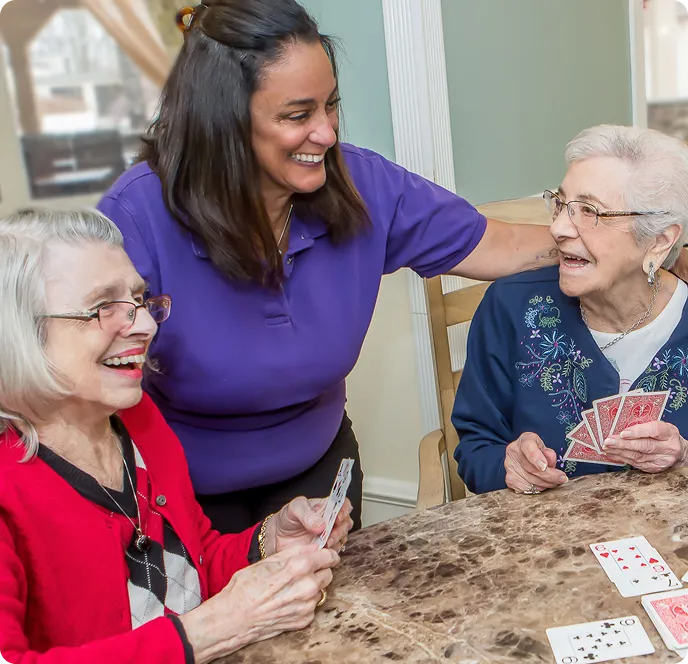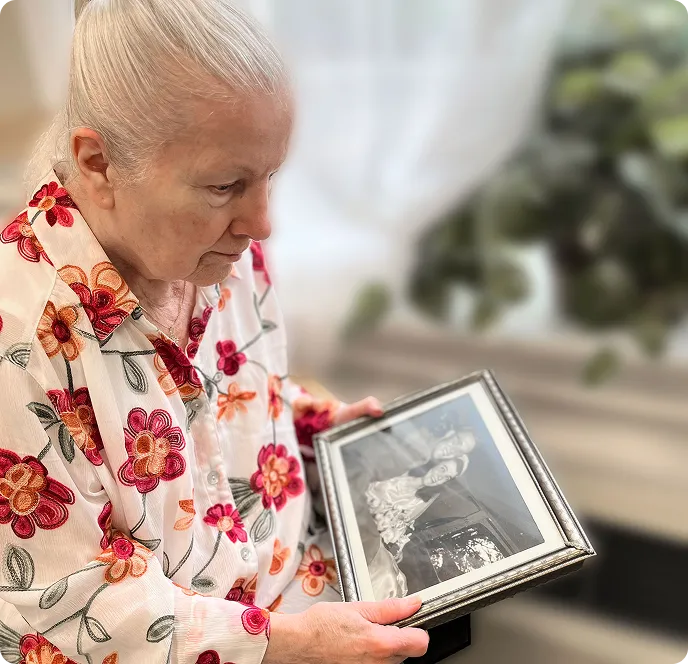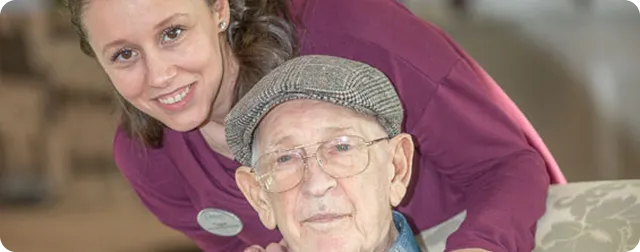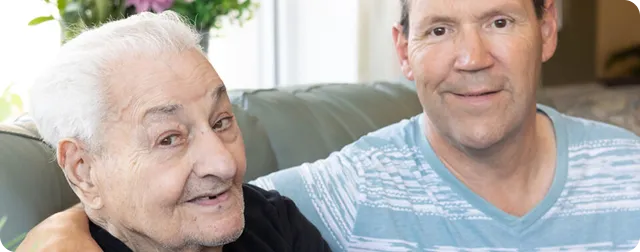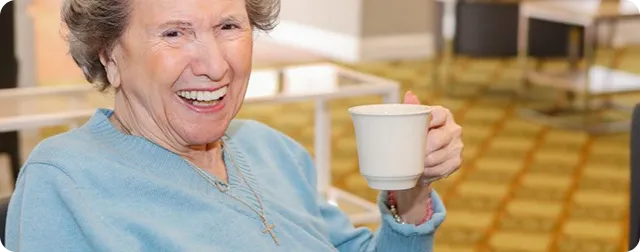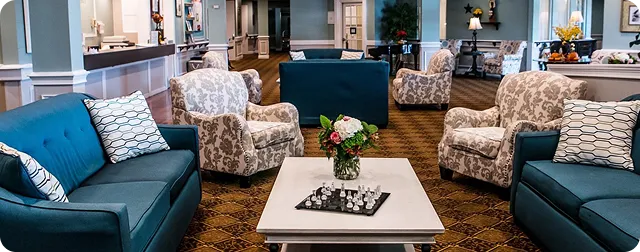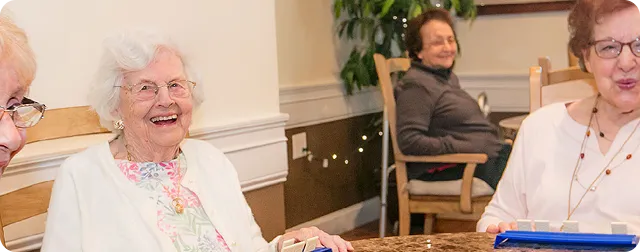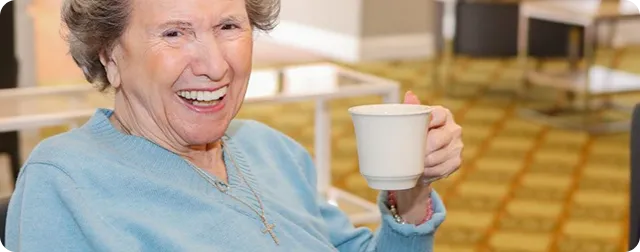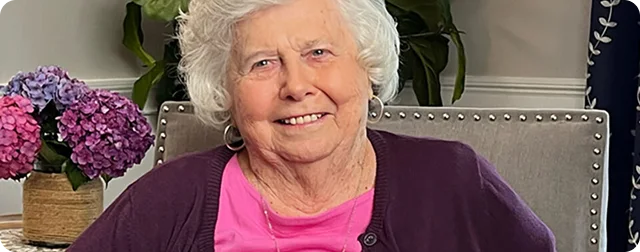(631) 778-7747
Early Signs of Dementia

Early Signs of Dementia
Frequently falling, mismanaging their money, or staring into space? Find out if you should be concerned about Alzheimer’s disease or another form of dementia.
By Madeline Vann, MPH, Medically reviewed by Lindsey Marcellin, MD, MPH
Dementia does more than rob people of their memory — research continues to show that this complicated condition is marked by a number of symptoms, especially at the onset. But they’re not always easy to recognize: From frequent falling to failing to recognize sarcasm, some of dementia’s early warning signs are subtle.
How can you know if you or a loved one is showing signs of Alzheimer’s disease or another form of dementia? Any change that is different from a person’s usual behavior or abilities could be a cause for concern, explains neuropsychologist Katherine Rankin, PhD, who conducts research at the UCSF Memory and Aging Center in San Francisco. Take a look at some of the earliest signs of dementia — you may be surprised.
Missing Sarcasm
You may or may not appreciate sarcastic senses of humor, but sarcasm is a part of our culture. “We see it as a nice way to be critical and so we use it constantly, even when we are trying to be nice,” says Rankin, who recently reported study results at the Annual Meeting of the American Academy of Neurology showing that people with both frontotemporal dementia (FTD) and Alzheimer’s disease tend to have a harder time picking up on sarcasm. Another unusual sign of dementia Rankin noticed? People with FTD couldn’t tell when someone was lying, although people with Alzheimer’s disease could tell. “FTD patients don’t have that sense anymore that things that people do could turn out badly,” she says.
Frequent Falling
Constantly tripping over your own two feet? Everyone falls now and again — but frequent falling could be an early signal of Alzheimer’s disease, according to new research. The researchers, who presented the study at the Alzheimer’s Association International Conference in Paris, looked at brain scans of 125 older adults and also asked them to keep track of how often they slipped and stumbled during an eight-month span. The results? Those participants who showed early signs of Alzheimer’s also happened to fall down more often. “People will come into our office concerned because they forgot what was on their grocery list last week, but when their spouse says they’ve fallen four times in the past year, that’s a sign of a problem,” says Rankin. People with this movement disorder, known as progressive supranuclear palsy, might not catch themselves on the way down either, making this dementia symptom even more dangerous
A Disregard for the Law
Some younger people in the beginning stages of early-onset dementia lose their sense of social norms. Shoplifting, breaking into someone’s house, and inappropriate interpersonal behaviors, such as sexual comments or actions, all make the list of surprising dementia symptoms — and they can lead to legal trouble, too. Early-onset dementia can hit people as early as their thirties and forties, well before anyone around them would consider their out-of-character, law-breaking behaviors as signs of dementia
Staring
“Reduced gaze” is the clinical term for the dementia symptom that alters people’s ability to move their eyes normally. “We all move our eyes and track with them frequently,” says Rankin. But people showing early signs of dementia look like they’re staring a lot. Rankin adds that, “they try to read and they skip lines.” This is one of the signs of dementia that the patient might not completely be aware of, although people around them probably will be.
Eating Objects
One surprising early sign of dementia is eating nonfood objects or foods that are rancid or spoiled. This is partly because the person forgets what to do with the things in front of them. For example, dementia patients might try to eat the flower in a vase on a restaurant table because they “know they are there to eat, but don’t know what the flower is doing there,” says Rankin. Unlike some other Alzheimer’s symptoms or dementia symptoms, this one has few other likely explanations
Losing Knowledge
Now and again, most people find themselves desperately searching for the right word. In fact, failing to find the word you are thinking of is surprisingly common and not necessarily a sign of dementia, says Rankin. But losing knowledge of objects — not just what they are called, but also what they are used for — is an early dementia symptom. Oddly enough, people who are losing this knowledge can be very competent in other areas of their lives.
Losing Empathy
If someone who is usually sweet, considerate, and polite starts to say insulting or inappropriate things — and shows no awareness of their inappropriateness or concern or regret about what they’ve said — they could be exhibiting an early sign of dementia. In the early stages of some types of dementia, symptoms can include losing the ability to read social cues and, therefore, the ability to understand why it’s not acceptable to say hurtful things.
Ignoring Embarrassment
Being unable to recognize how others feel about a situation isn’t the only social cue dementia patients miss. People with dementia symptoms may also lose the ability to understand embarrassment. This is a multi-faceted sign of dementia: They themselves don’t feel embarrassed by the situations they find themselves in and they also don’t understand that situations other people are in (for example, on television sitcoms) are embarrassing or uncomfortable.
Compulsive, Ritualistic Behaviors
One sign of dementia that most people don’t expect is the need to complete extreme rituals or compulsive behaviors. “Plenty of people have odd habits and like things done a certain way,” says Rankin. But while these habits are within the realm of normal, extreme hoarding behaviors or detailed rituals or compulsions, such as buying a crossword puzzle book every time they go to the store even if they have hundreds of them, can be dementia symptoms.
Money Troubles
One of the classic early signs of Alzheimer’s disease is an increasing difficulty with money management. This might start off as having trouble balancing a checkbook or keeping up with expenses or bills, but as the disease progresses, poor financial decisions are often made across the board. Though many people brush this symptom off as just “a normal part of aging,” they shouldn’t. “We tend to associate aging with losing your mind. That’s not healthy aging — it’s a disease,” emphasizes Rankin
Difficulty Speaking
“It’s a bad sign when people who used to be fluent and could speak smoothly stop being able to produce language that way,” says Rankin. Despite this dementia symptom, patients are often crystal clear in other areas. They can run a business, manage their family, or draw beautifully, but they have increased difficulty actually forming the words to speak.
The Arbors can be your resource for concerns about your loved one’s care. Give us a call today, we would be happy to help you with any of your questions.
Recent News
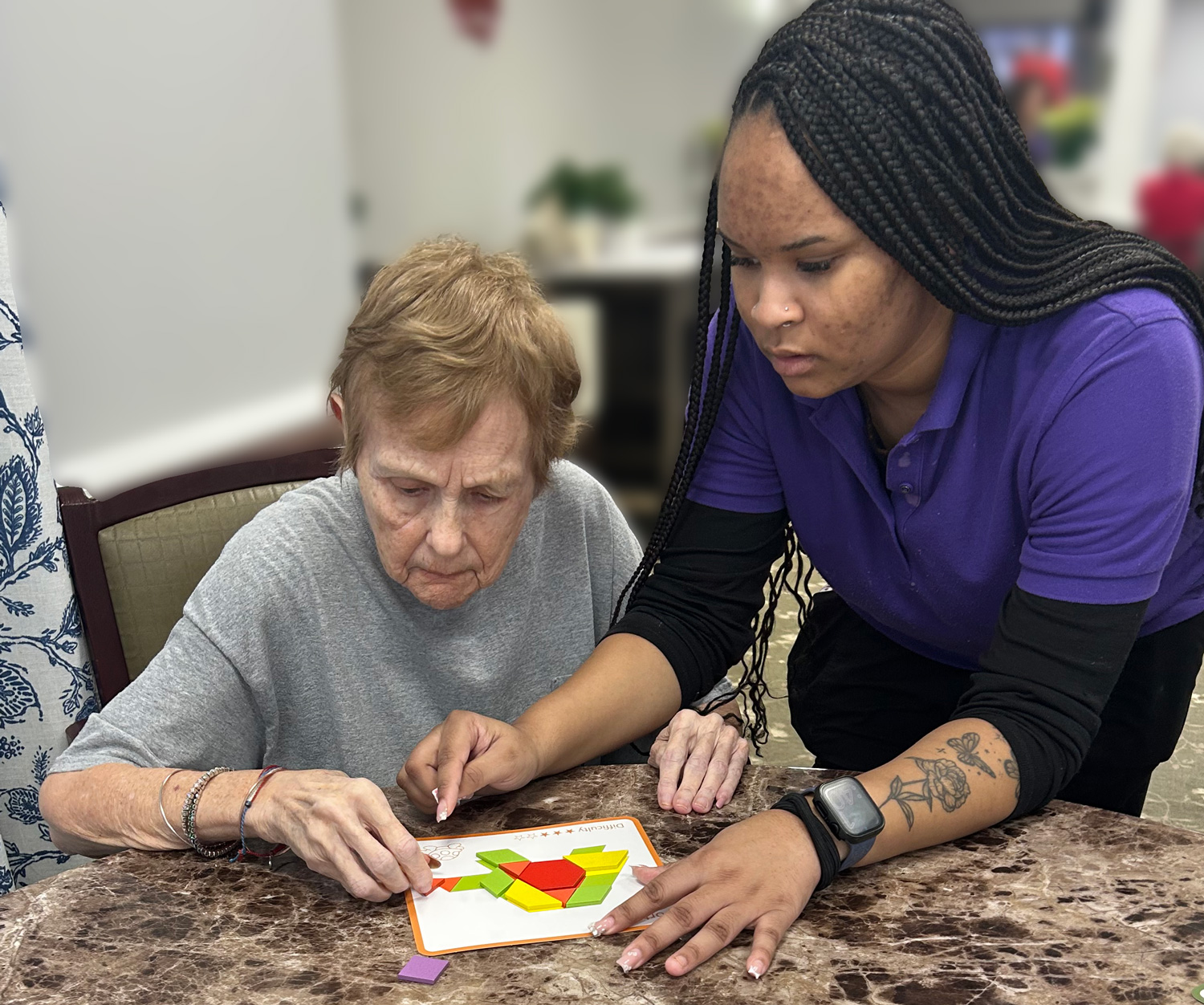
The Power of Touch
February 9, 2026

Winter Readiness for Caregivers: Do You Have a Plan?
January 6, 2026

Important Topics to Discuss With Local Assisted Living Centers
November 10, 2025
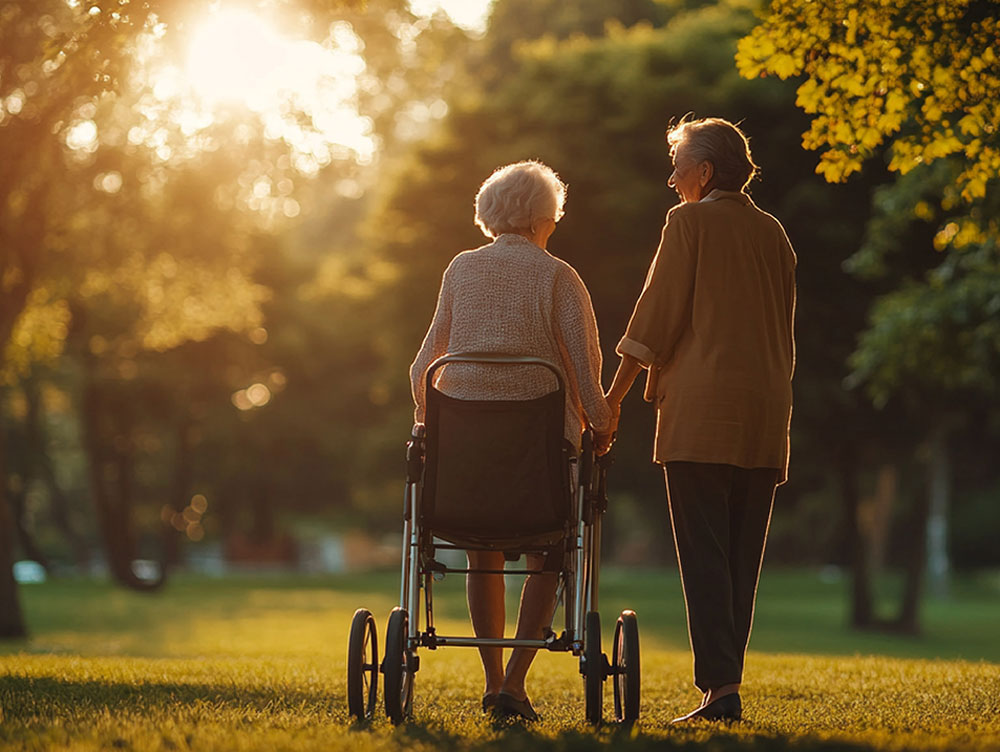
When It’s Time: Helping Your Parents Accept the Need for Assisted Living
October 15, 2025

How to Encourage an Aging Parent to Shower When They Refuse
July 2, 2025
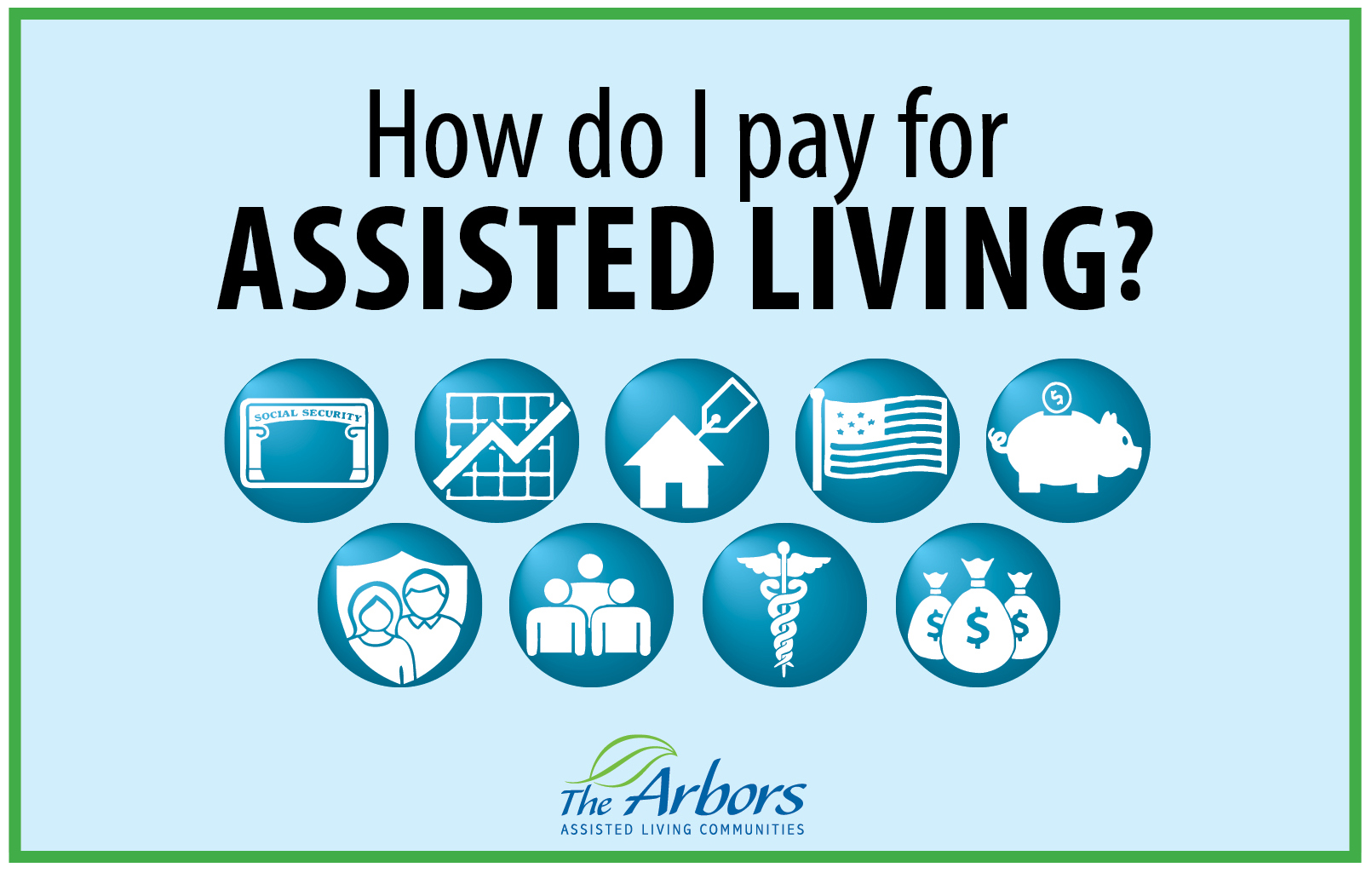
How Do I Pay for Assisted Living
June 6, 2025
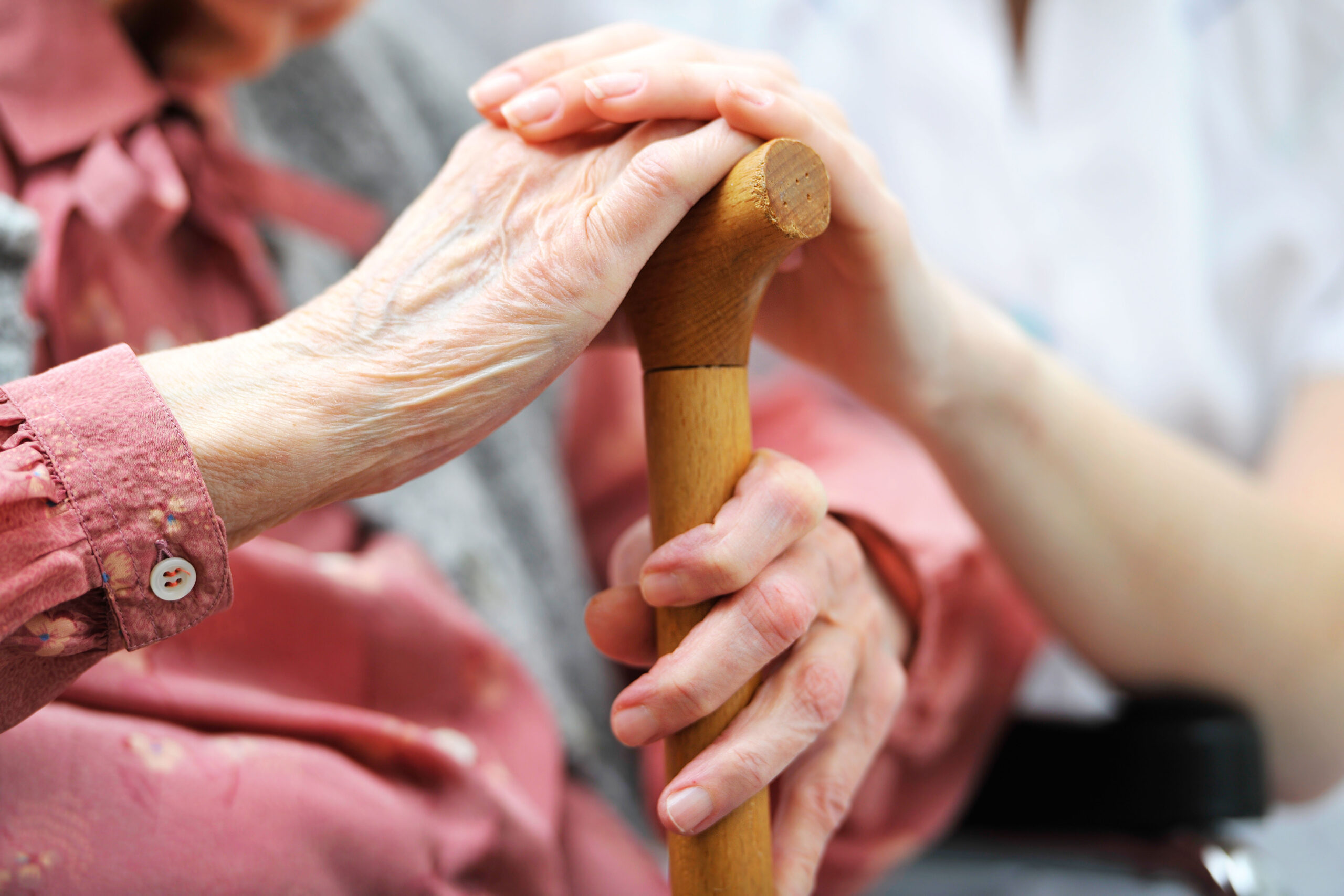
3 Signs You Should Consider Assisted Living
May 15, 2025
GET IN TOUCH
Let’s Talk About Making The Arbors Your Home
REQUEST A VISIT
Schedule a Tour of our Long Island Assisted Living Communities


